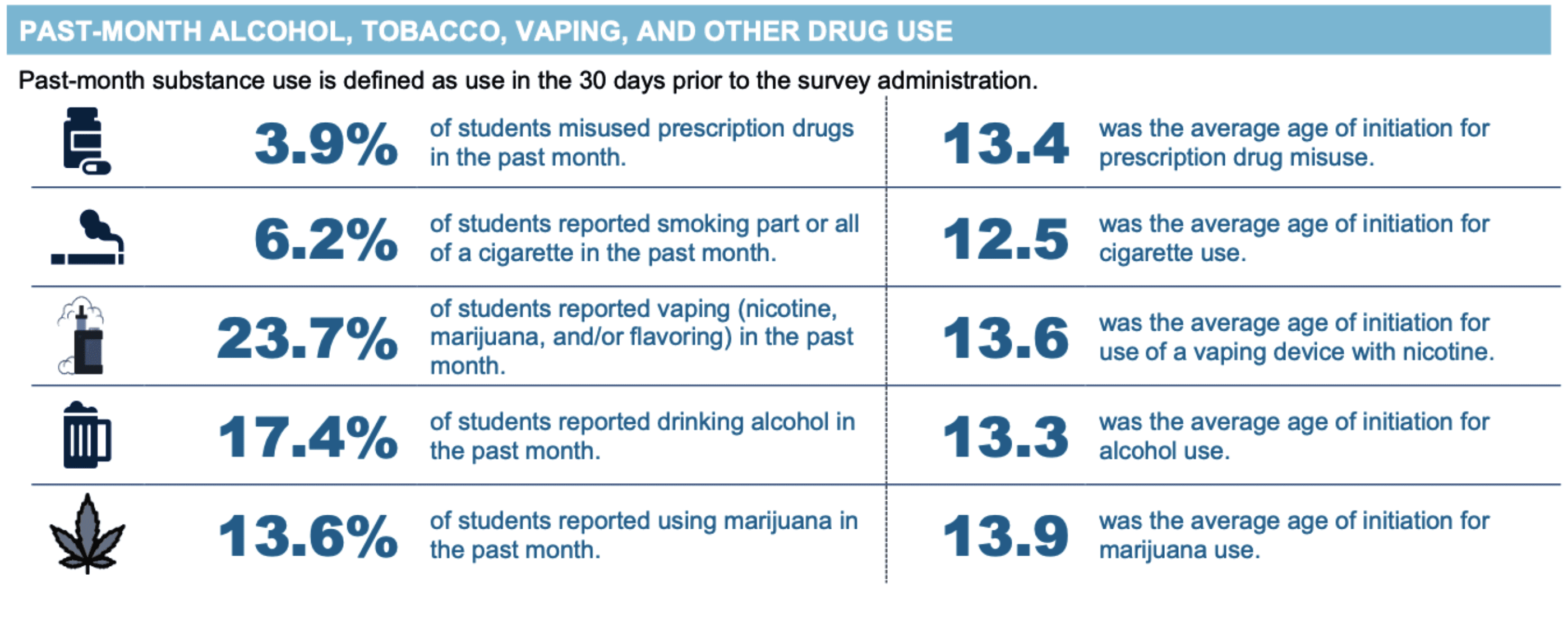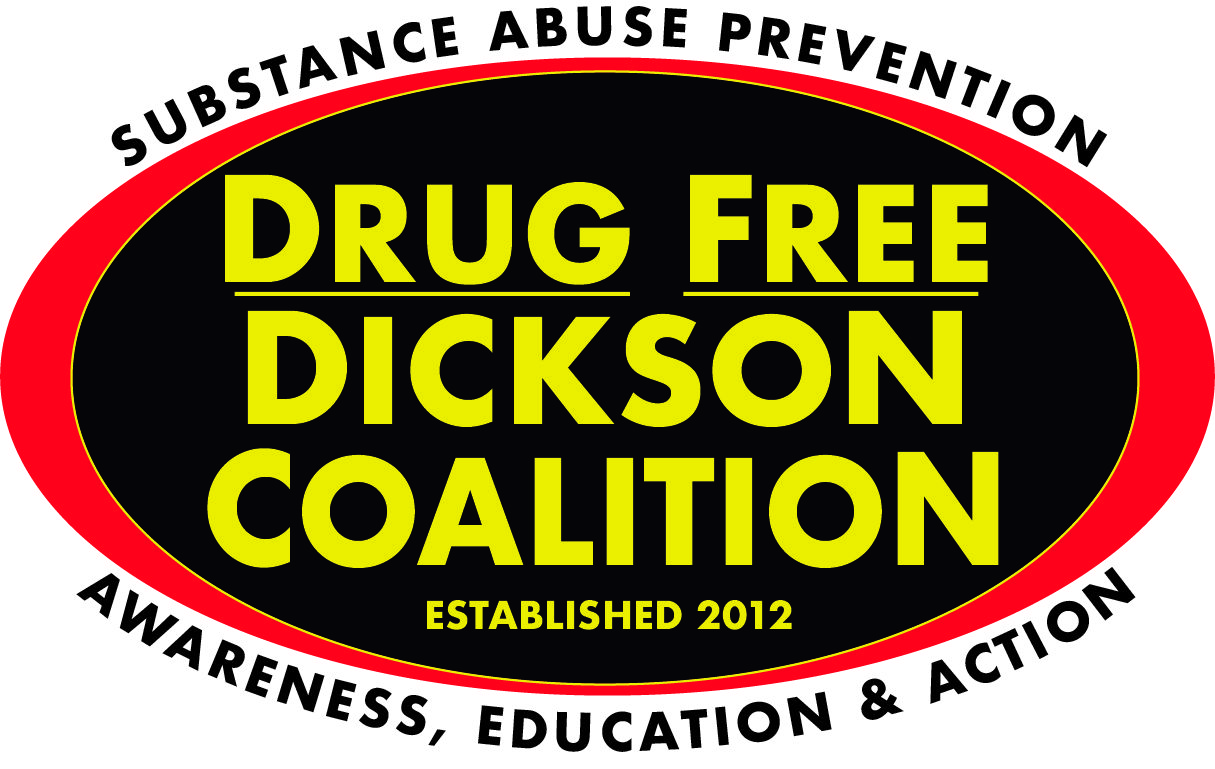Parent Tips for Prom
Use These 5 Goals When Talking to Kids about Alcohol and Other Drugs
Warning Signs
Although the following signs may indicate a problem with alcohol or other drugs, some also reflect normal growing pains. Experts believe that a drinking problem is more likely if you notice several of these signs at the same time, if they occur suddenly, or if some of them are extreme in nature.
Keeping Your Kids Safe
The most effective way to stop impaired driving is to prevent it from happening in the first place. Use the following tips when talking with your kids about drunk and drug-impaired driving.
Don’t Wait for the “Right” Time
It’s always a good time to talk to your kids about the dangers of impaired driving. Here are some common situations you can take advantage of to discuss drunk and drug-impaired driving:
Reinforce Expectations
Make sure your children know what you expect from them when it comes to impaired driving. Let them know it’s never okay to get behind the wheel of a motor vehicle while under the influence, and that getting in a car with someone who has been drinking or using drugs is also dangerous.
Help Them Build an Exit Plan
Some kids may not know what to do if a friend or family member who is under the influence of alcohol or other drugs offers them a ride. Explain to your child that it’s okay to say no, and help them think through an exit strategy. For example, you can suggest:
- Calling a rideshare service or taxi;
- Calling a relative or friend for a ride home;
- Staying the night at their current location; and
- Convincing the person under the influence not to drive. Mention that drunk and drug-impaired driving is illegal and unsafe and suggest they find another way home.
Show Them You Care
Kids are more likely to listen when they know you’re on their side. Make sure they know that you’re talking to them about impaired driving because you care about their safety, not because you assume they would ever drive drunk or drug-impaired.

2022-2023 TN Together Survey of 8th, 10th and 12th grade Dickson County Students
Resources: https://www.samhsa.gov/talk-they-hear-you/parent-resources https://madd.org/power-of-parents/
Official contest rules: You must be an 11th or 12th grader who attends Dickson County High School, Creek Wood, or enrolled in a homeschool program and plan to attend prom. You must visit the DFD website on underage drinking and impaired driving and complete the quiz.
